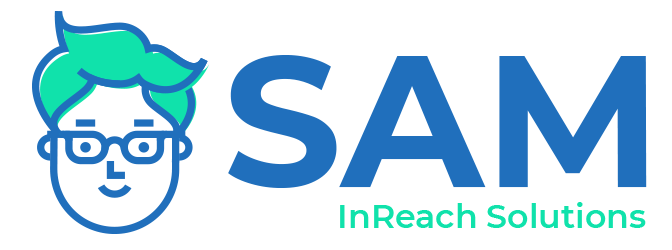At times the art (yes it’s an art) of Social Work can seem more like the art of paperwork. Between email, case notes, client sessions, filing, to-do lists it can become a bit overwhelming to manage it all. I’m here to share some tips and tricks to manage the paperwork, stress, workload etc while you navigate your daily routines.
BUT.. before you read this article on how to be more productive, remember this: Be kind to yourself and your mistakes. You’re doing the best you can.
You’ve probably spent years creating and changing your work habits–both good and bad, consciously or subconsciously–and those won’t immediately change.
Small adjustments can lead to more lasting changes, but those may take time and discipline. It looks really easy when you’re reading a productivity article like this to think it’s easy. But it’s not. I’m not writing this from an expert point of view, but from a fellow worker in the fight against distraction.
So be patient and kind through the rough patches and try again. Okay, now we’re ready…
Set aside time every day for paperwork only. Start with an hour per day and then adjust accordingly. Don’t schedule any meetings or clients during this time if at all possible. The key is to block it out on your schedule so you have no other distractions. If it’s not on your calendar, the time will easily be pushed aside as more pressing matters present themselves throughout your day. You will also feel great getting a huge chunk of it done each day.
Figure out your 2 peak hours. Some of us are morning people, some of us are night owls. But the modern business environment doesn’t always accommodate when we work best. Maybe the office doesn’t open until 9, but your peak is at 5am to 7am. Personally, I find high energy levels when most people are winding down their day, around 4pm to 7pm and then after 8pm, maybe yours is 5am to 7am before your household is scrambling for breakfast. Often, I’ll purposely schedule things like paperwork or more less-strategic tasks during hours when I’m not as engaged. It’s suggested that we should find at least 2 hours a day to dive into the harder strategic work, and leave the other hours for meetings or less urgent tasks.
Throw stuff away and declutter. Did you know your physical environment impacts your work? And I don’t mean just if you work in a “cool” office or not. But you can control your workspace. It helps you be more productive when you have a clean and organized area to work. Physical clutter can often lead to scattered focus and mindset too. You’ll also get more clarity and focus for your tasks at hand.
Give up multi-tasking. I think we’re all realizing that multi-tasking was oversold. We’re not really getting twice as much done in the same time. Multi-tasking often slows us down. Focus on doing just one thing at a time. It’s tough at first, but I assure you this strategy will pay off.
Get sunlight. According to recent productivity studies, you’ll boost your productivity and alertness with more natural light. Why do you think offices with windows are in such high demand? It also affects the timing of the circadian clock which then impacts your wakefulness and fatigue.
We hope these tips can help add some productivity into your day! What tips and tricks do you use to stay on track of your to-do lists? Join the conversation on our Facebook page for more tips and tricks!

